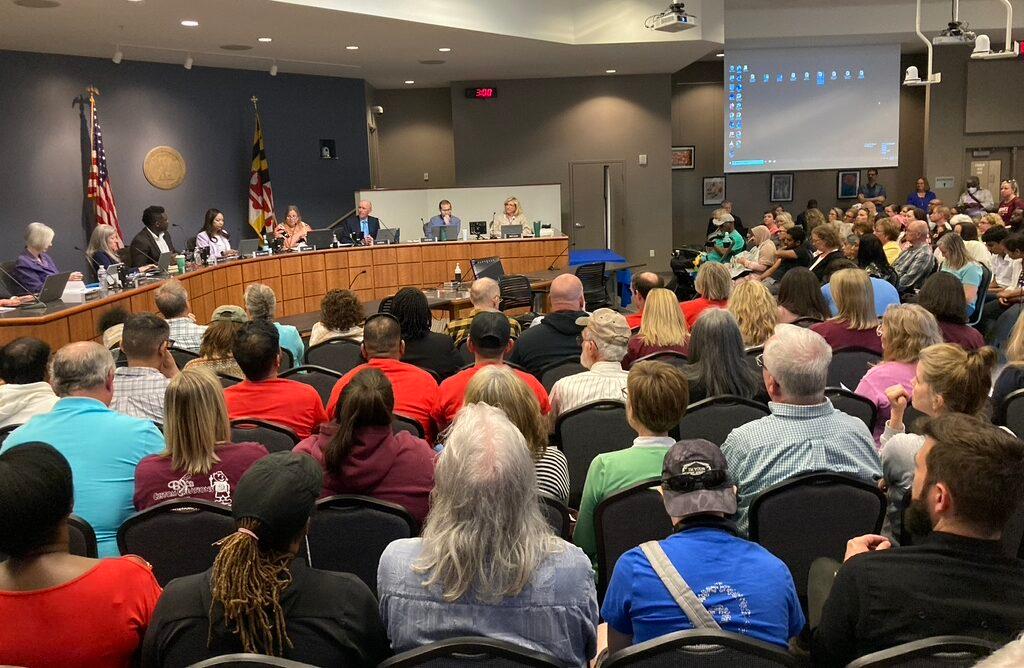China’s newly inaugurated billion dollar port in Lagos, Nigeria, will be a “game-changer” for the African nation’s economy, according to Chinese ambassador Cui Jianchun on Jan. 23.
Gushing media promoted his promise that up to 200,000 jobs will be created for workers living near the Lekki Free Trade Zone, approximately 23 miles southeast of Lagos.





